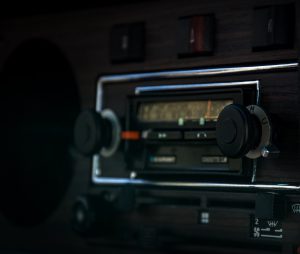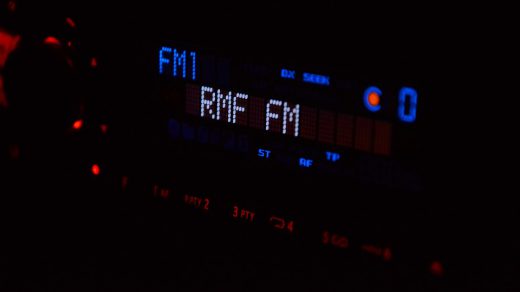Today, everyone can tune in and listen to online radio, from anywhere in the world. With that being said, many think that FM radios are dying. They are wrong, however, as there are so many FM radio stations, many of which are still playing music or hosting talk shows. Many wonder what is the difference and why should you care for either FM if you prefer online radios or why care for online radios if you prefer FM radios.
To understand that, one needs to understand what makes each radio different and the way they work, as well as their benefits and drawbacks. Let’s start with the older of the two.
FM Radios – A Blast from the Past?

FM radio or frequency modulation radio is a way of transmitting sound at a high-quality, without compromising the quality. The FM bandwidth is usually from 87.5 to 108 megahertz, which is an international standard. All FM radios operate between these frequencies. It wasn’t always like that, and some other frequencies were used, but they have mostly been abandoned in favor of the ITU standard. Some countries use different frequencies, like Japan.
Frequency modulation works by changing, modulating the frequency of the sound waves. The previously used technology, amplitude modulation, changed the amplitude of a sound wave, rather than its frequency.
A maximum of plus or minus 75 kHz is allowed as a deviation in most countries. These being radio waves, they cannot travel further than 50 to 65 kilometers, often not further than what you can see. It’s also worth noting that there are various things which can interrupt the waves, such as hills or buildings.
Internet Radios – The Future?

Internet radios have become popular only recently when faster internet connections became widespread. Internet radios work in a completely different way from FM broadcasts. Internet radios broadcasts are recorded, then immediately compressed using various codes and transmitted as packages over the internet, just like anything else over the internet. They are later decoded by the listener’s device, and the broadcast can be listened to.
The trouble with internet radios comes from the source, the choice of codecs, the bitrate and the delay. Every one of these things can influence your reception of the broadcast, as well as the quality. Some stations have better bitrates and the music can even bite at the heels of FM radios, regarding the quality of the music.
FM Radio or Internet Radio – Which is Better?

Neither is better in itself. You have to choose which one you should listen to. FM radios deliver a higher quality of sound, yet they run into literal obstacles and you can only listen to certain radios in certain parts of the world.
Internet radios, on the other hand, have no restrictions other than an internet connection. Their quality may vary depending on the equipment they use, their software and choice of bitrate. All of that can lessen or improve quality. Having no internet connection or having to pay absurd sums for one, for example, abroad, means that listening to FM radios is your only option.
Whether FM radios or internet radios are better depends on a lot of things, from the place you are in, your desire for quality, your internet connection and the weather, even. Neither is better in itself, but both have their benefits.



